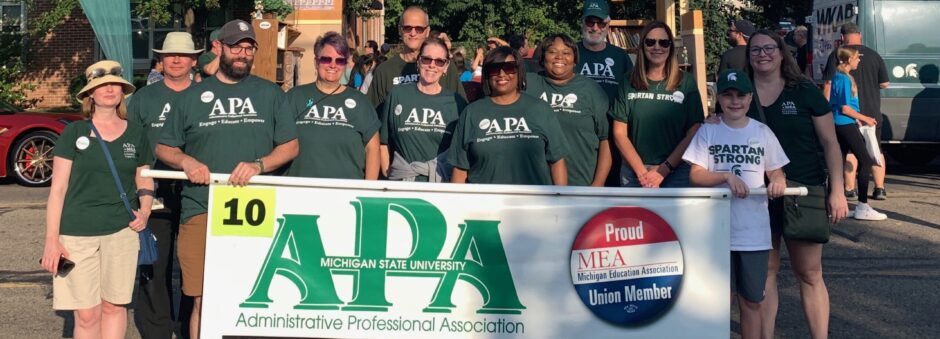This information was also published on EdVotes.com by NEA’s Mary Ellen Flannery
An aggressive plan to transform higher education was released last week by U.S. Rep. Virginia Foxx (R-NC), chair of the House’s education committee. Much of the legislation would be harmful to poor and middle-class students and make it more difficult for Americans to get high-quality, affordable higher education.
Called the Promoting Real Opportunity, Success and Prosperity through Education Reform (PROSPER) Act, the bill represents Foxx’s efforts to reauthorize the Higher Education Act (HEA).
Among its provisions are:
- Elimination of loan-forgiveness options. Critically important to many APA members, the federal Public Service Loan Forgiveness (PSLF) program helps educators, firefighters, and other public-service workers afford a home and send their children to college. Without it, these careers become even less attractive to young people. Our national union, the NEA, is strongly advocating to preserve the PSLF.
- Caps on student loan borrowing. The bill would limit the amount of money that students and families could borrow from the federal government to pay for college. Instead of solving the student debt crisis, this likely would force borrowers into more expensive private loans, says National Education Association higher-ed policy analyst Mark Smith. “The solution is to invest directly in higher education as the rest of the world does,†says Smith.
- Roll back regulations on for-profit colleges. The regulations put into place by the Obama administration help ensure that students don’t end up with overwhelming debt and no prospect of employment.
- Create new regulations for HBCUs. Even as the House bill eliminates rules for for-profit colleges, it creates new ones for Historically Black Colleges and Universities and Hispanic Serving Institutions. Specifically, it would require them to meet certain graduation rates or lose federal funding.
- Repeal the definition of distance education. Last year, a federal investigation found that Western Governors University, a “competency-based†institution without faculty, did not meet the federal requirement for distance education and should return millions of dollars in federal aid. The House’s answer through this bill is to change the definition of distance education so that real interaction between qualified instructors and students is no longer necessary.
NEA as our national affiliate is deeply involved to advocate regarding this and other federal legislation that would directly impact APA members and students at MSU. If you would like to get more involved with legislative action through the APA, please email us at [email protected].
